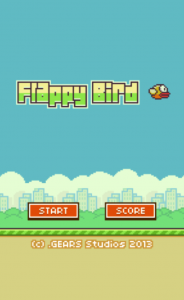 Is your app addictive enough to make money? Eric Reiss lists eighteen elements to consider when gauging your app’s ability to engage and retain users.
Is your app addictive enough to make money? Eric Reiss lists eighteen elements to consider when gauging your app’s ability to engage and retain users.- If you’re trying to see what an addictive app looks like, you could do a lot worse than Flappy Bird. This difficult game manages somehow to infuriate and retain users, raking in $50K in revenue per day in the process.
- QuizUp, the delightfully addictive and competitive quiz app, has launched an iPad edition. The additional real estate will be used to surface more navigational elements, particularly those that drive social engagement.
- Maybe we’ll play games like QuizUp on our iPads, but have we by and large moved on from the tablet? This article posits that the pace of technology innovation is leaving tablets in the dust as phones become larger and, well, “phabulous.”
- Internet audio still seems like an incredibly undervalued medium. Maybe PRX’s launch of Radiotopia, a new site that aggregates the best story-driven shows on the planet, will get more people tuned in and turned on to the possibilities.
Weekend fun: Is it binge-watching or bingewatching? Should Bitcoin be capitalized as a concept and lowercased as a currency, or vice versa? Can duckface truly be one word? If these kinds of questions keep you up at night, Buzzfeed’s excruciatingly correct style guide to the words we use today is well worth reading.


 Thanks to
Thanks to 
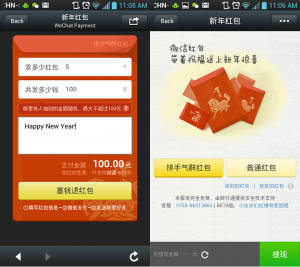 新年快乐 — or, Happy New Year! Tencent’s WeChat has greeted the year of the horse by allowing users to
新年快乐 — or, Happy New Year! Tencent’s WeChat has greeted the year of the horse by allowing users to 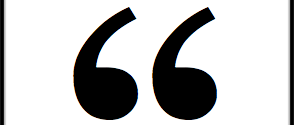
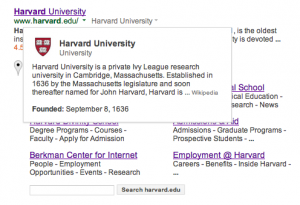 Google knowledge graph, which seeks to represent “real world things and their connections,” surfaces the relevant content you see on Google search results pages, like movie times. This week Google added to their results
Google knowledge graph, which seeks to represent “real world things and their connections,” surfaces the relevant content you see on Google search results pages, like movie times. This week Google added to their results 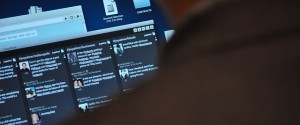
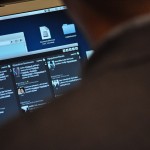 What does this mean for leaders responsible for digital teams, many of whom occupy a CMO or similar role? In the 1990s when mainstream digital emerged there was a complete disconnect between the entire C-suite and digital practices. Executives had little or no exposure to the day-to-day operation of the internet. Websites in large companies were the domain of someone called a Webmaster, who sat in the IT department. Marketing was busy trying to keep those ugly and irrelevant URLs out of their paid media and far from their pristine collateral.
What does this mean for leaders responsible for digital teams, many of whom occupy a CMO or similar role? In the 1990s when mainstream digital emerged there was a complete disconnect between the entire C-suite and digital practices. Executives had little or no exposure to the day-to-day operation of the internet. Websites in large companies were the domain of someone called a Webmaster, who sat in the IT department. Marketing was busy trying to keep those ugly and irrelevant URLs out of their paid media and far from their pristine collateral.
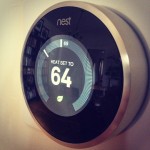 There are now 3.2 billion compelling reasons to get excited about the internet of things: this week, Google acquired connected home device maker Nest for a whopping $3.2 billion in cash. In return, Google gets
There are now 3.2 billion compelling reasons to get excited about the internet of things: this week, Google acquired connected home device maker Nest for a whopping $3.2 billion in cash. In return, Google gets 